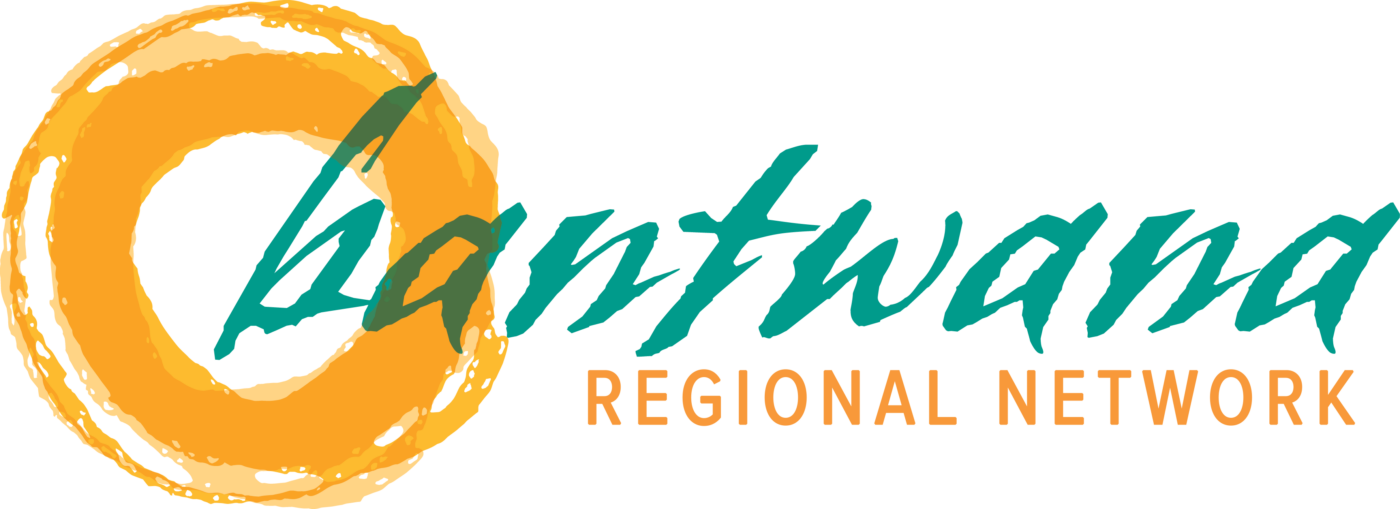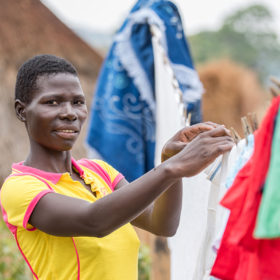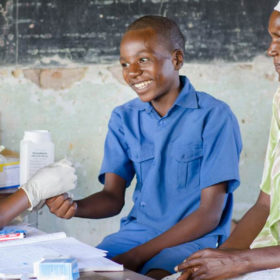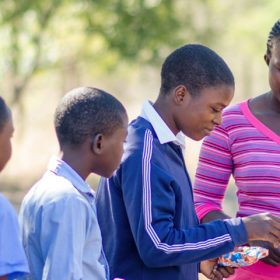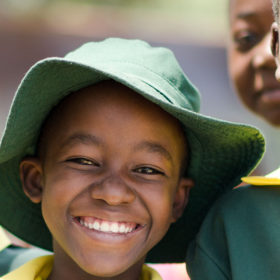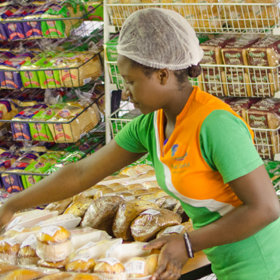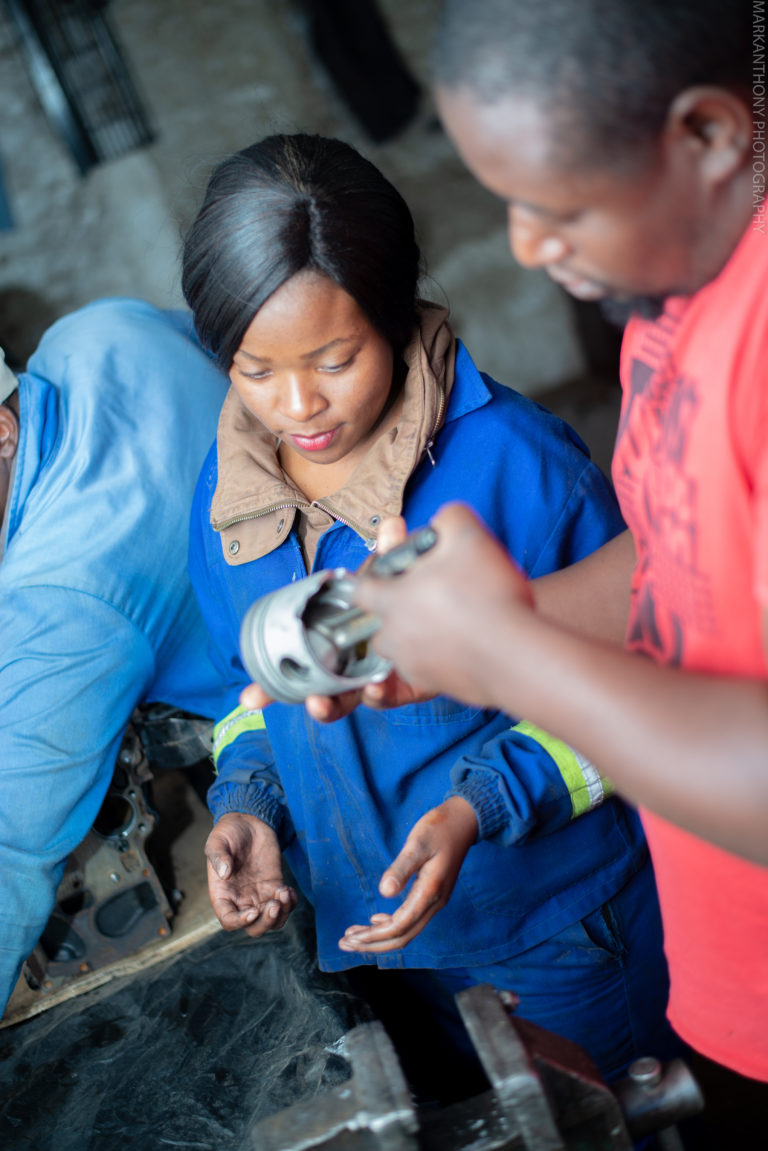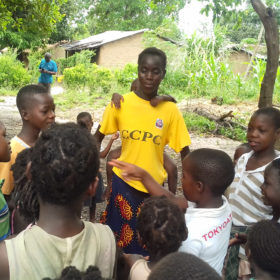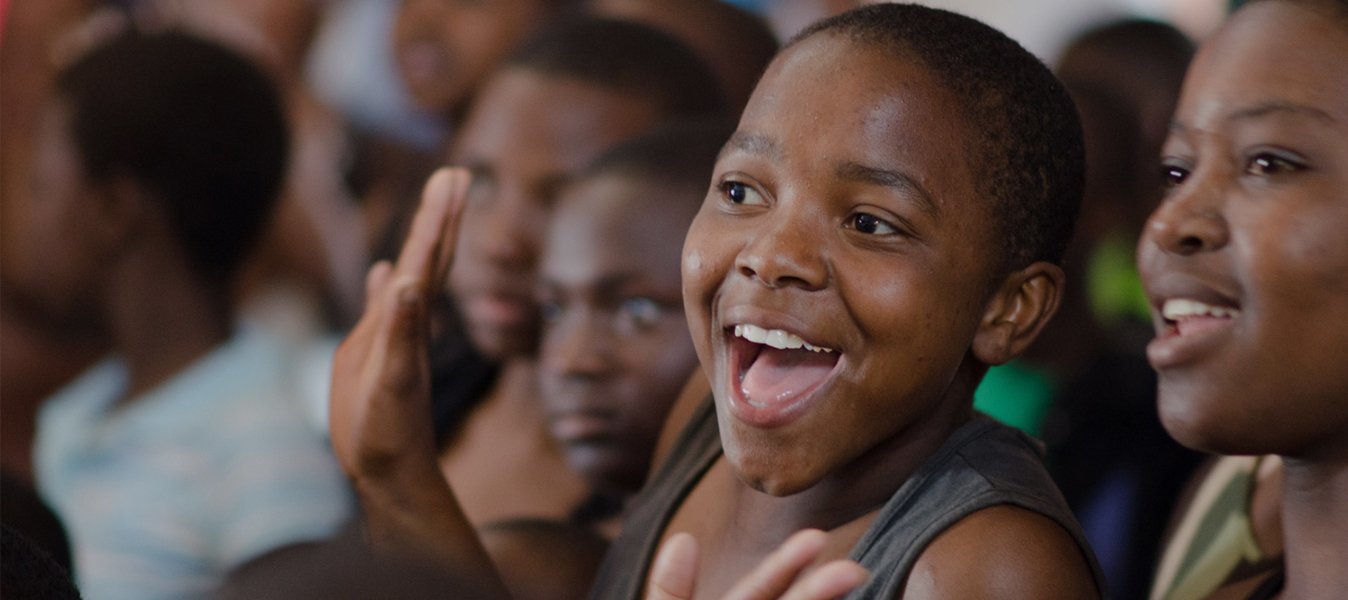
Zimbabwe
Bantwana Zimbabwe leads and partners with local, regional, and international organizations to implement donor-funded programs to advance health, education, economic, and social protection outcomes for vulnerable children, adolescents, and their caregivers. Our innovative models of care build on existing community structures and address the comprehensive needs of children and adolescents, especially those living with or vulnerable to HIV, disabilities, or violence.
